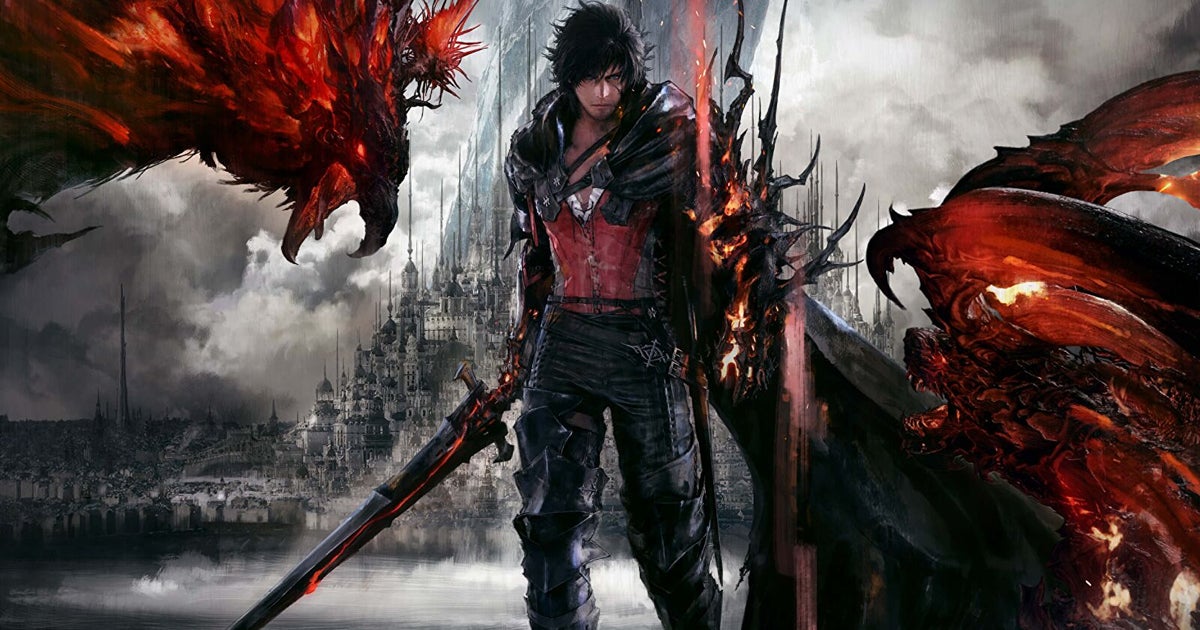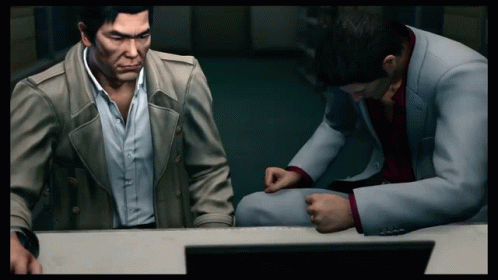The big one concerns the overall world, and the people who live in it, which, of course, ties into an early Final Fantasy 16 controversy involving diversity. While this world includes more than just white people, it’s also a world that is poorly defined in a cultural sense. Each region has its own governing bodies, and how those bodies operate and interact is chiefly driven by what is essentially a climate crisis. But for all the lore gimmicks and larger-than-life leadership around this world, the actual worldly presence of these nations is weirdly shallow. So when it comes time to move pieces around the board, establish antagonists and develop conflicts, much of it falls flat. Motivations for the villains are either unclear or feel divorced from their status as political figures, and differences in things like how Bearers are treated feel more individualized. Because of this, the world feels more like a big soup of sameness, even when some parts of the soup dress or speak differently. It’s weird and conflicts with ostensible themes like isolation. It makes the whole diversity thing hard to comment on, too, since nothing on that level feels thoughtful one way or the other.
In terms of the bigger picture, you end up with Clive somewhat bouncing back and forth between his personal motivations, the Big Bad’s creeping influence, and a more confused-feeling story that’s like a hybrid of medieval slavery/class uprising and the X-Men. The former is more polished and compelling than the latter, and the ways the two intersect can be awkward. Overall I believe Final Fantasy 16 is interested in exploring various ways a callous, dehumanizing ruling class inherently sets itself up for failure. But it tries to explore those various ways all at once, fumbling a few along the way.
Final Fantasy 16 also struggles at times with its supporting characters. I noted before the strong performances and characters that do a great job reinforcing Clive’s story. At the same time, that focus on Clive does come at the expense of everyone else. Especially when the “everyone else” is a woman. Jill’s presence in the story especially falls short compared to others like Cid or Dion, who are more consistently active agents in the story. Jill often just feels present for the sake of having a female lead to check off a box, which is a bummer because when she’s the actual focus her contributions to the story are notably strong.










